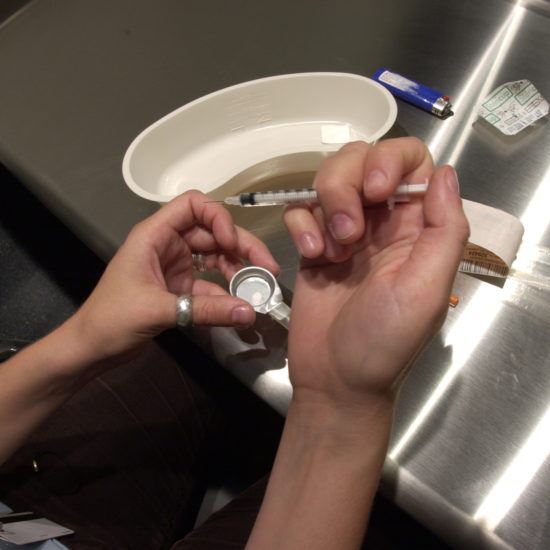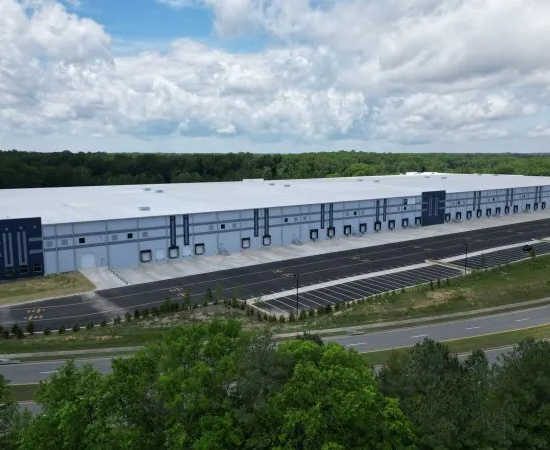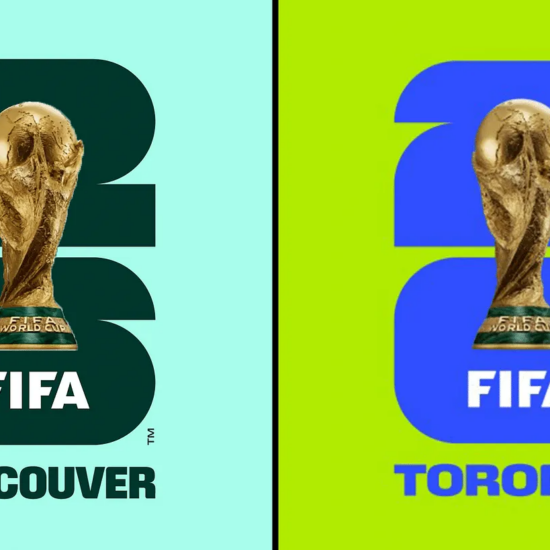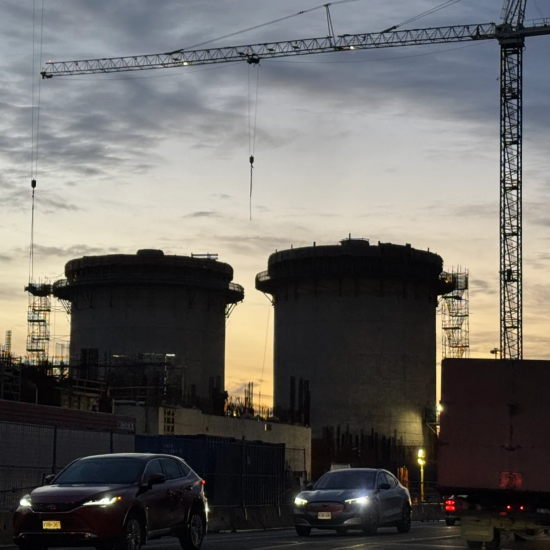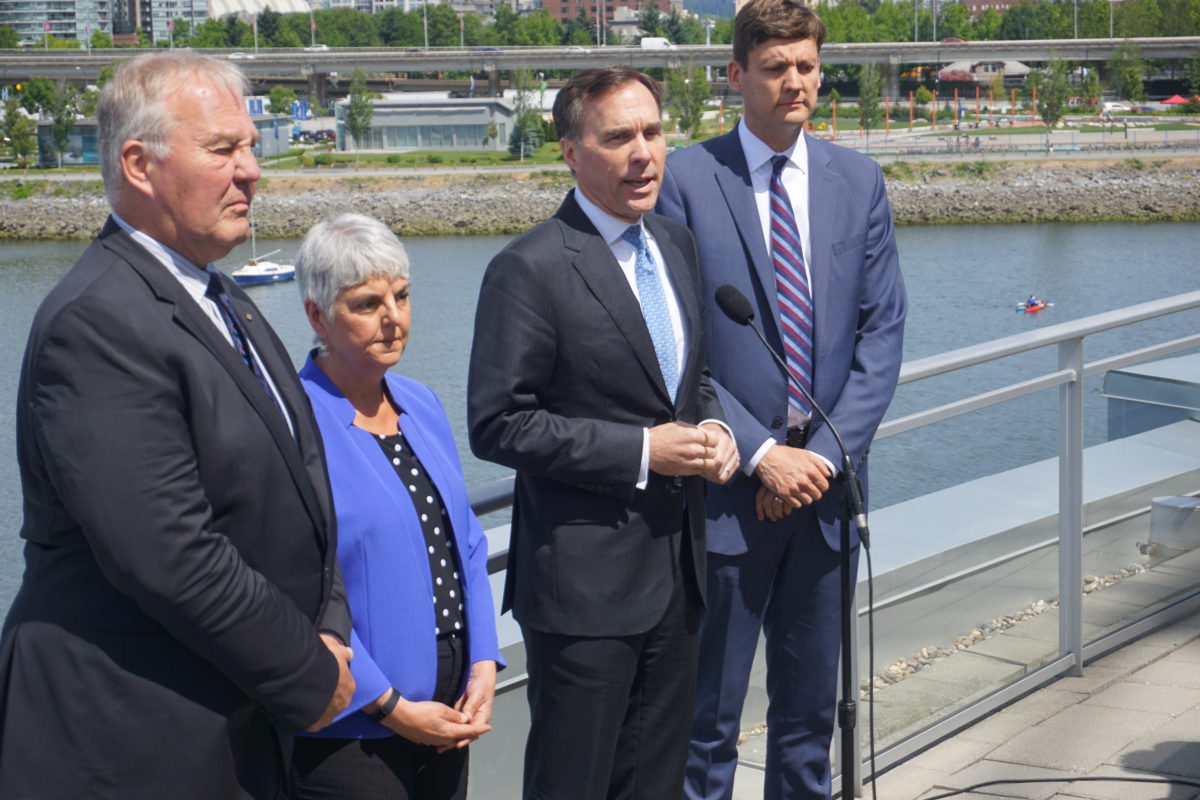
Bob Mackin
The year was 1996. Vancouver and Toronto both had expansion teams in the National Basketball Association.
British Columbia was governed by the provincial NDP. Canada had a Liberal federal government.
The latter, under Prime Minister Jean Chretien, decided to shut down the Ports Canada Police to save money. The decision sparked strong words from B.C.’s Attorney General Ujjal Dosanjh. The future premier pleaded with Fisheries and Oceans Minister David Anderson to change his mind.
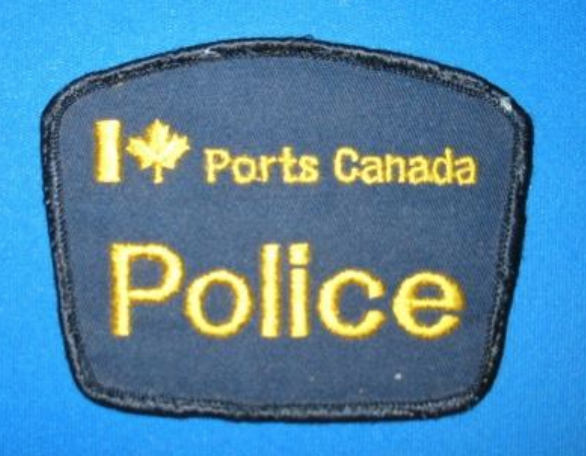
Port Canada Police patch
“The safety of much more than just the port will be compromised if this issue is not resolved immediately,” Dosanjh is quoted in a March 22, 1996 news release, headlined “Province opposes decision to disband ports police.”
As Dosanjh pointed out, there had been $1.25 billion of illegal drugs seized at the port during the previous 10 years. Close to $2 million in luxury cars were seized in the first quarter of 1996, before they could be shipped offshore by smugglers.
The Port of Vancouver police detachment numbered 29 officers, seven civilian staff and eight seasonal employees, responsible for 275 km of coastline from Port Moody to Boundary Bay.
Anderson and Chretien stuck to the decision, which made no sense. Neighbouring municipalities had to pick up the slack on an as-and-when needed basis. Dosanjh’s words were sadly prophetic.
Fast forward to 2019. The Vancouver Grizzlies went south to Memphis in 2001, but the Toronto Raptors are competing for the NBA championship.
There is a Liberal government in Ottawa and an NDP government in Victoria again.
Anti-money laundering expert and former RCMP Western Canada chief, Peter German, reported on millions of dollars of luxury cars being smuggled out of the Port of Vancouver to China. His Dirty Money report highlighted the lack of police at Canada’s biggest port.
“In the post-9/11 world this is a serious gap in our law enforcement umbrella,” German wrote. “The comparison to Seattle is stark, where the Port of Seattle Police Department has 150 staff to police SeaTac Airport and the Seaport, including numerous specialized units. In addition, U.S. federal authorities are present at the ports, including border patrol, customs officers, and others.”
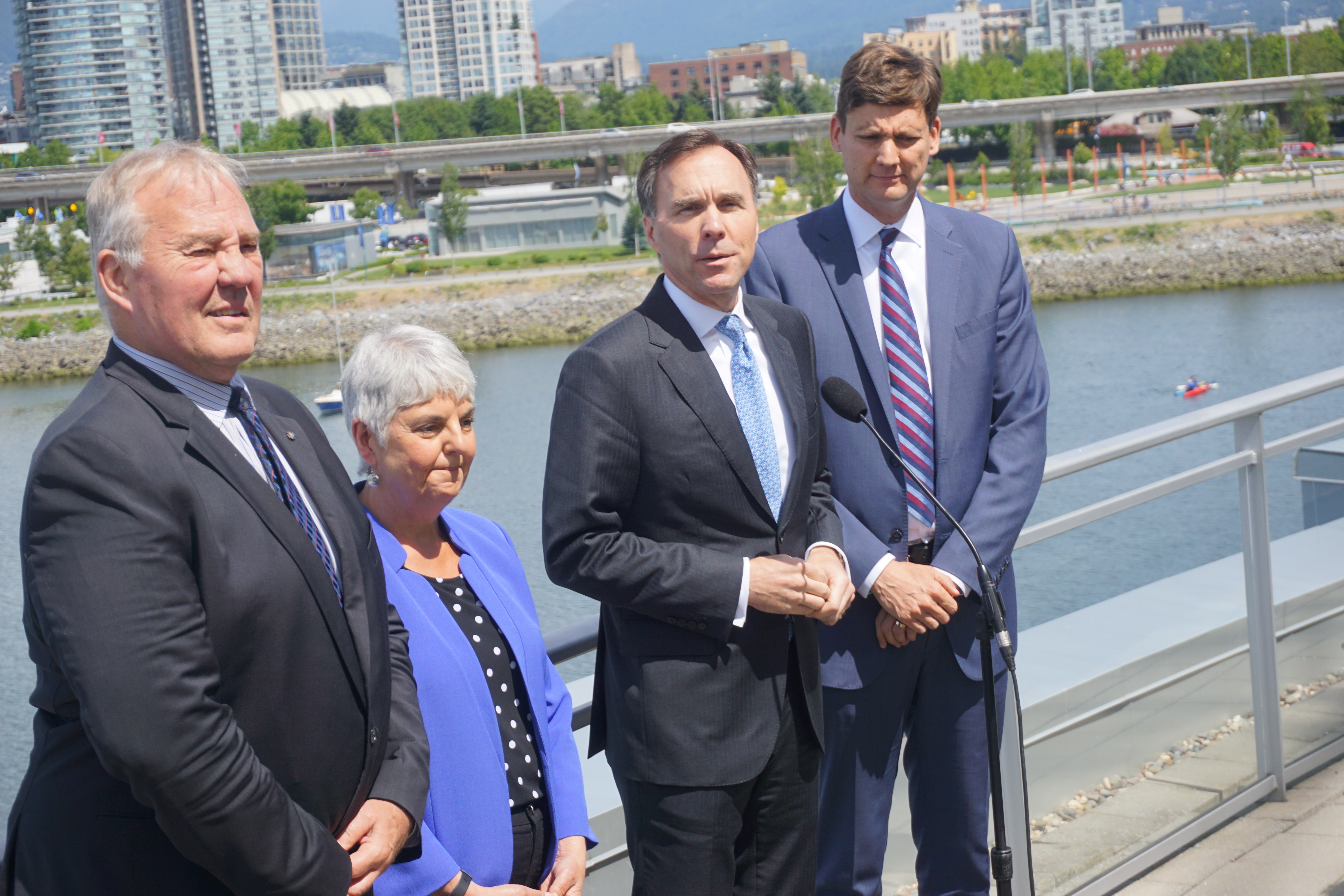
Blair (left), James, Morneau and Eby on June 13 (Mackin)
Prime Minister Justin Trudeau’s Liberals are counting down the days to the October election, after waking up last year to B.C.’s calls for help to battle money laundering and organized crime affecting the real estate market.
Finance Minister Bill Morneau and Minister of Border Security and Organized Crime Reduction Minister Bill Blair were in Vancouver on June 13 for a summit with provincial counterparts, including B.C. Attorney General David Eby and Finance Minister Carole James.
The two Bills headlined the tented meetings at Science World, a geodesic dome built for Expo 86 that was renovated in time to host the Russian Olympic Committee parties during the 2010 Winter Olympics. The Russians flew-in on an Aeroflot charter with a quarter-million U.S. dollars in crates. After the Games, Russian government auditors took a close look at spending in Vancouver by Sochi 2014 organizers and found some of it flowed through shady banks in Cyprus. But I digress.
With the Parq Casino and foreign-owned and foreign-financed glass condo towers behind him, Morneau announced the feds added another $10 million to the fight against money laundering, to be spread around the country.
So I asked Blair, the former Toronto Police chief, will the Liberals commit to bring back the Ports Canada Police?
Blair was noncommittal.
“What we will commit to is continue to work to ensure the integrity of our borders. I will tell you I’ve actually visited [Canada Border Services Agency] and watched and witnessed the important work they’re doing at all our ports, including the Port of Vancouver,” Blair said.
“We recognize that ports of entry are significant vulnerabilities that need to be strengthened, and we’re making those investments to maintain security of our borders and to ensure, it’s work we do collaboratively with our provincial and municipal partners to ensure that areas are appropriately resourced for policing, as part of the ongoing discussion that takes place.”
Not until Eby and German went to testify at a Parliamentary committee in March 2018 did the Trudeau Liberals wake-up. In this year’s budget, the Liberals committed $200 million over the next five years to better fund the RCMP and other agencies. Including a new anti-money laundering action and coordination team, with the catchy monicker ACE, that brings together police, prosecutors and regulators.
The B.C. NDP, meanwhile, green-lit a judicial public inquiry last month into money laundering in B.C., with a deadline of May 2021. That announcement from Premier John Horgan came the week after a report estimated $7.4 billion was laundered in B.C. last year, of which $5 billion was in real estate.
But why did the Liberals wait until the end of their mandate to do something? The warning signs were there at the start in 2015 and they did nothing for more than two years. Asleep at the wheel? Soft on crime? Blair relied on the old automatic: blame cuts by the previous government.
But that doesn’t excuse the relative inaction for the first half of the Trudeau administration.
The Liberals could have looked at the watershed RCMP and CSIS Project Sidewinder report from June 1997 that called money laundering by Chinese intelligence services and triads a threat to national security.
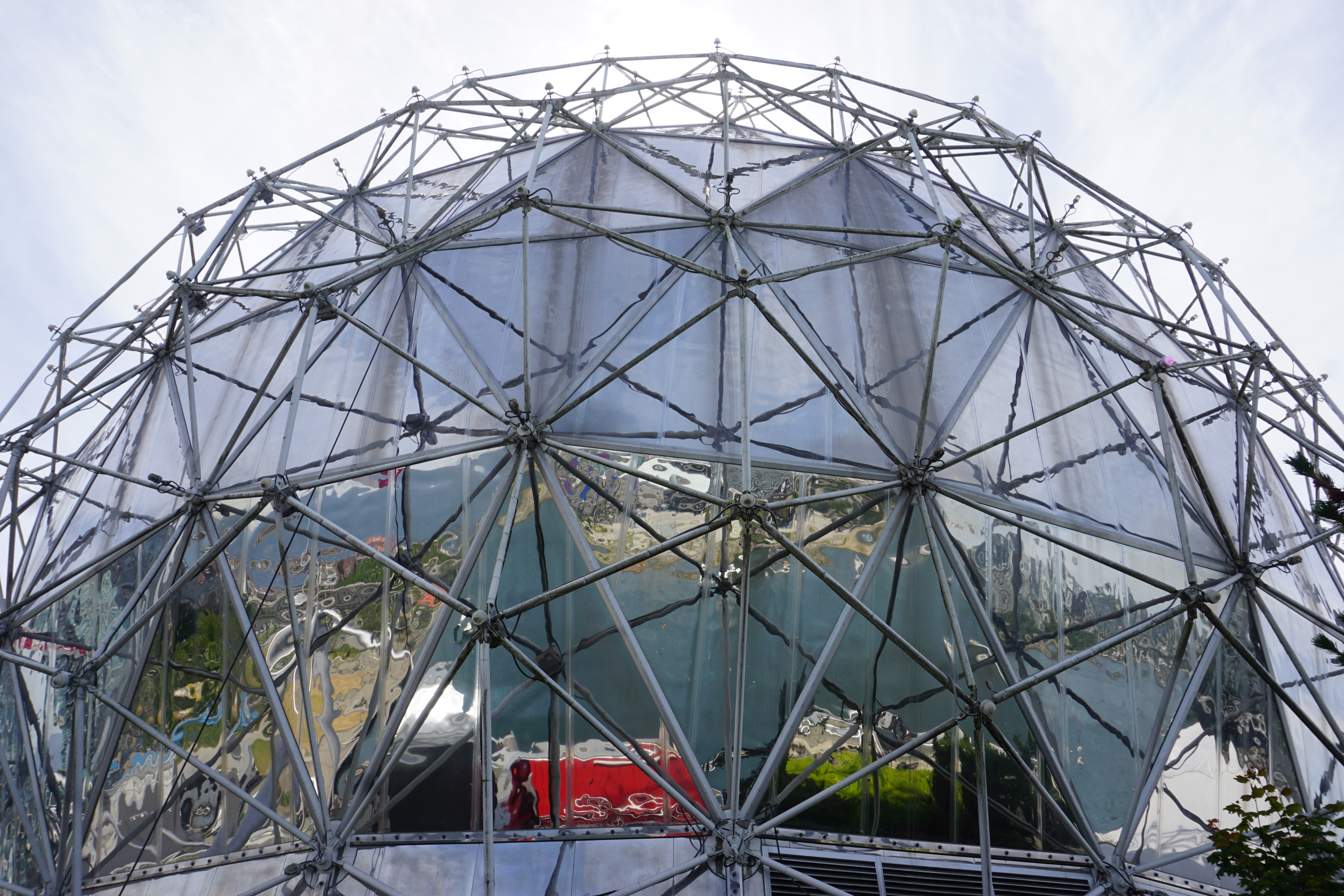
Science World (Mackin)
They could have read Bank of Canada Governor Mark Carney’s speech in Vancouver, eight years ago on June 15, 2011.
Carney’s dire forecast said “some pockets of the Canadian housing market are taking on characteristics of financial asset markets.”
“Greed among speculators and investors—and fear among households that getting a foot on the property ladder is a now-or-never proposition,” Carney said, noting that the price of a home in Vancouver is 11 times the average of a Vancouver family’s household income.
Vancouver’s mayor made a half-hearted effort in mid-2017, when he was still entertaining the idea of running for a fourth term, and wrote a letter to Morneau.
Mayor Gregor Robertson complained of high housing prices, and asked for help to combat tax evasion and speculation in Vancouver real estate.
“While your recent actions to provide greater oversight on issues of capital gains are greatly valued, I often hear from residents who are concerned about fraudulent practices connected to home purchases in Vancouver,” wrote Robertson, who was also the chair of the city’s police board.
In a July 24, 2017 reply, Morneau mentioned that Canada Revenue Agency increased its compliance and enforcement efforts, but he misspelled the province twice.
“With regards to housing vulnerabilities and affordability challenges in the GVA [Greater Vancouver Area], I encourage continued engagement of the City of Vancouver with the new provincial government in British Colombia (sic) in the federal-provincial-municipal working group on housing,” Morneau wrote.
Support theBreaker.news for as low as $2 a month on Patreon. Find out how. Click here.






